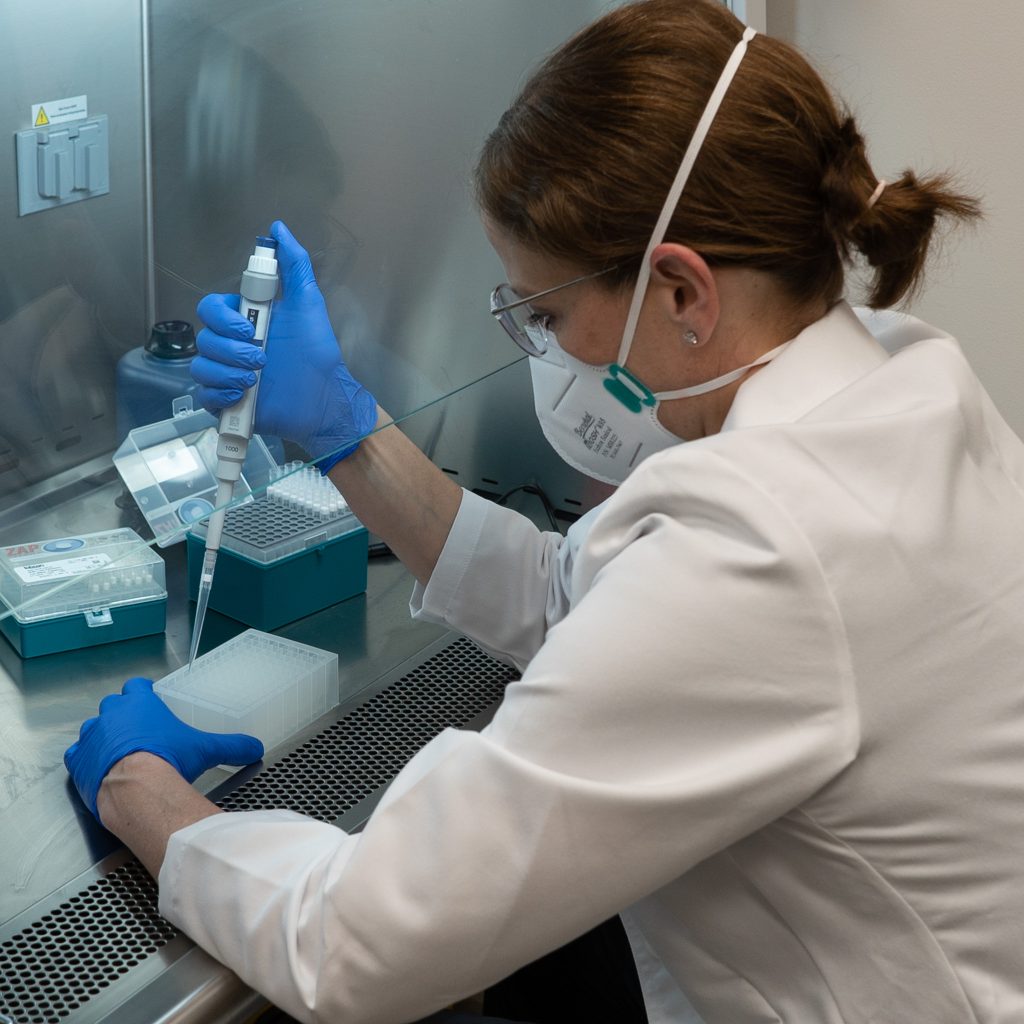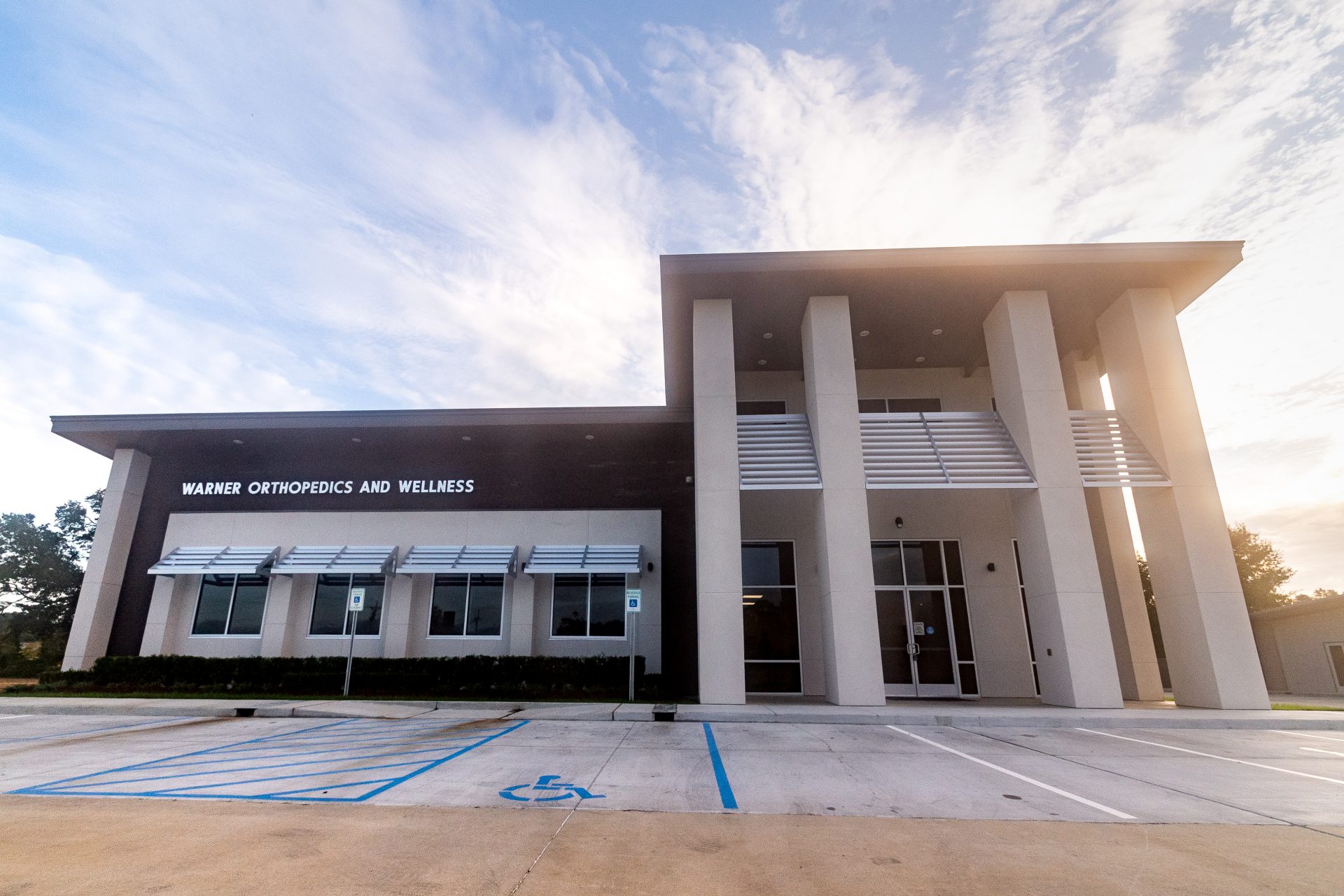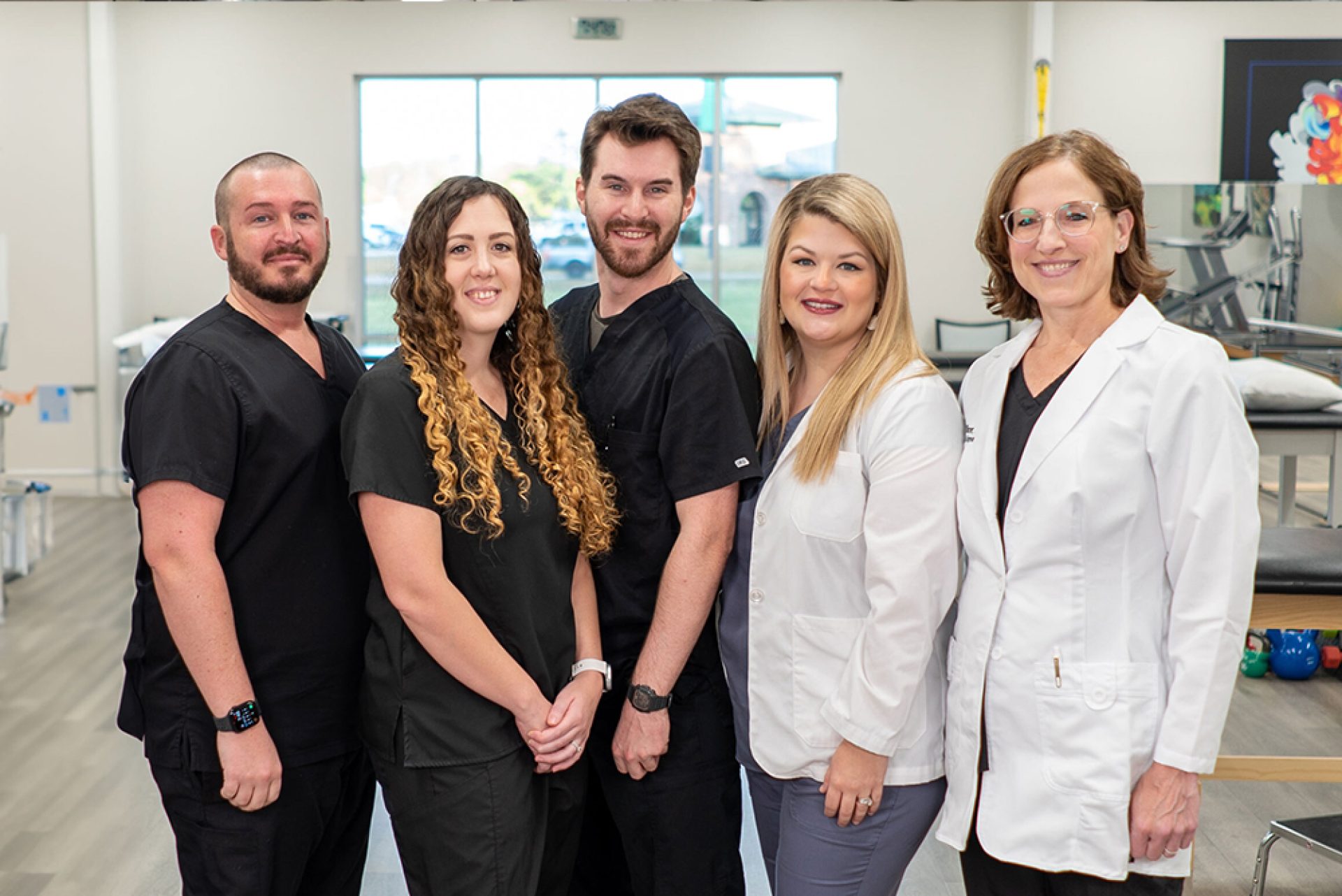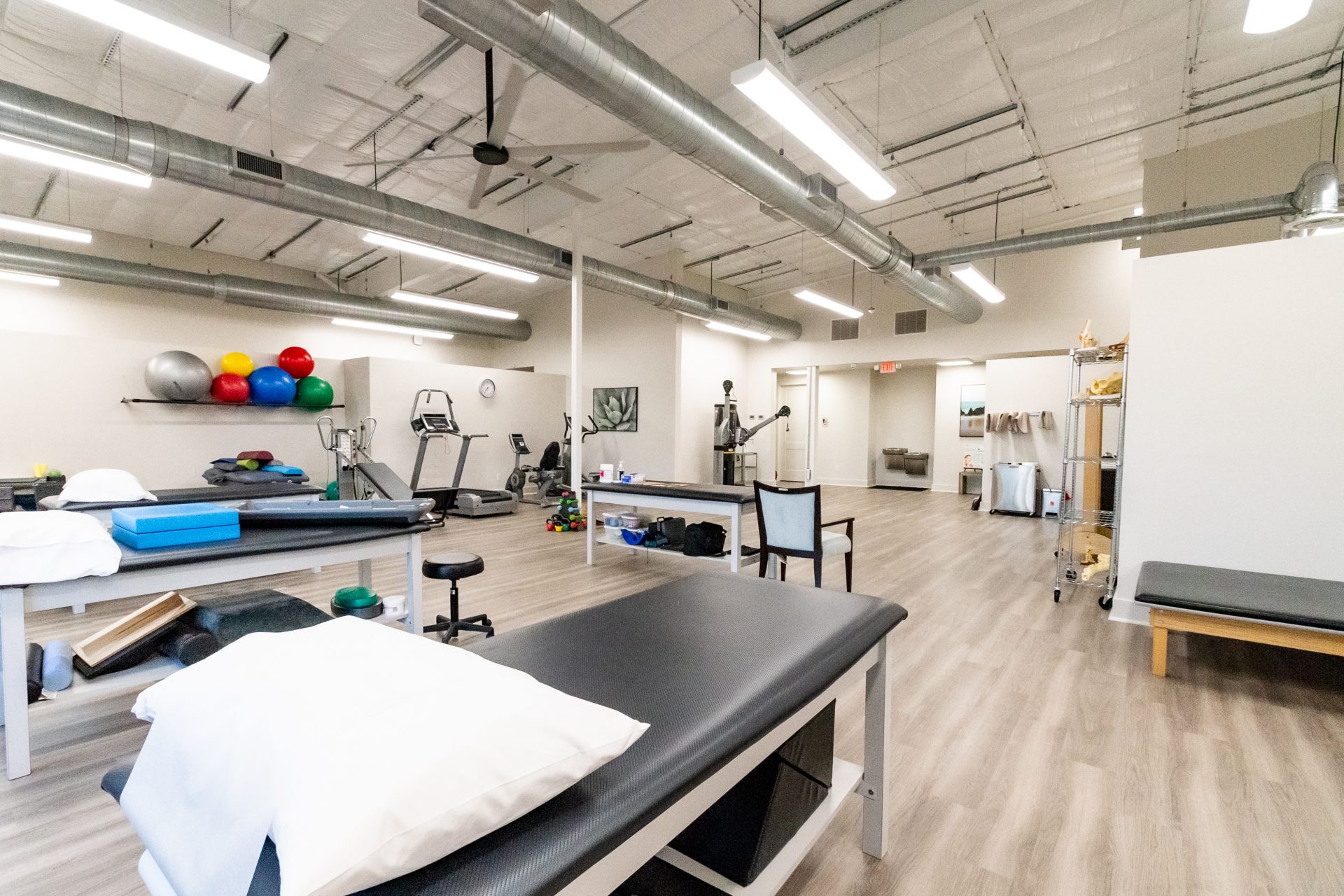WHY THIS ORTHOPEDIC SURGEON RECOMMENDS POLYMERASE CHAIN REACTION (PCR) FOR NAIL FUNGUS
Nail Fungus
Fungal infections can impact all parts of the body, but most commonly happens in the nails. A fungal nail infection is an overgrowth of fungi under, in, or on top of the nail. This problem is very common. In order to avoid strong antibiotics that have been shown to cause liver damage, you have to use Polymerase Chain Reaction (PCR) to determine the exact organism that is living in your toenail.
We’re going to take a look at the different types of fungal nail infections you may experience, how to avoid them in the first place, and how to effectively treat them.
The Most Common Types Of Nail Fungus
Distal subungual onychomycosis (DSO) is one of the most common types of nail fungus. It’s caused by the same fungi that is behind athlete’s foot infections.
DSO impacts the skin under the end of the nail, and the nail itself. As the infection progresses, part of the nail will turn yellow or white. Skin and nail debris begin to build up under the nail, giving the entire nail a thickened appearance. Eventually, the nail may split or separate from the skin. This infection can cause discomfort while wearing shoes. Unfortunately, this condition is very difficult to treat and the infection can last for many years, or throughout the lifetime.
This particular type of fungus is very difficult to treat and requires daily intervention. DSO may actually cause the need for nail removal. This will be determined after a failure of medication.
White superficial onychomycosis (WSO) is the second most common type of fungal nail infection. Unlike DSO, it’s easy to treat! WSO only impacts the top layer of the nail, forming white spots on the surface. Eventually, the surface of the nail can become covered with a powdery, chalky substance.
With this type of fungal infection, you will not experience thickening of the nail and your nail will not separate from the skin. This condition can be managed at home. Sometimes, you can simply have the white patches of fungus on the nail filed off, and apply an over-the-counter antifungal topical medication to kill off the rest of the fungi.
There are multiple at home treatments for toenail fungus, but sometimes you need a more targeted treatment.

Advanced Testing, Rapid Results
At Warner Orthopedics, we’ve invested in Polymerase Chain Reaction (PCR) technology for a targeted treatment to determine the exact cause of the nail fungus. Once we’ve identified the exact bacteria, fungus, or yeast is causing the problem. Then we can test for resistance to antibiotics or antifungals.
Ready to get to the root cause of your chronic nail problems?


Offering you cutting-edge therapies for pain control and improved function.
YOUR TREATMENT OPTIONS
We can use Polymerase Chain Reaction (PCR) to determine the exact organism that is living in your toenail. Then determine a treatment plan to get to the root cause of the nail fungus.
Surgical intervention is also available for the most severe cases – but must be combined with oral antifungal medications to prevent the infection from spreading to other nails. Nail surgery is generally performed in the doctor’s office and does not require general anesthesia. Simply numbing the area is all that is necessary for comfort during the procedure.
To avoid fungal infections, it’s important to wash your feet at least once a day and ensure that they stay dry. If you have diabetic neuropathy, you should inspect (or have a caregiver inspect) your feet on a daily basis.
Make sure you’re wearing footwear that fits you properly, and keep your toenails trimmed and clean. Those with neuropathy often cannot regulate temperature and sweat appropriately and it helps to change socks once or twice a day.
If you’re suffering from toe fungus, our experts are here to help. Call (225) 754-8888 to make your appointment today!
NAIL FUNGUS
a better way To Get Well
Nail fungal infections are common and nothing to be embarrassed about. This is something we see quite often in the clinic. Using a PCR test, we can treat the organism living in your nail correctly the first time without the use of harsh antibiotics.
We help our patients recover from:
- Chronic hip pain
- Chronic knee pain, even after a total knee has been implanted
- Fibromyalgia
- Diabetic Regional Pain Syndrome
- Postamputation pain
- Lower back pain, particularly pain that involves the buttocks
- Chronic shoulder pain
- Nerve injuries that are chronic and in the limbs
- Isolated peripheral neuropathy in the limbs from any cause
WE CARE.
A Personal Touch
We look forward to bringing you the care you need in the comfort of our brand new wellness clinic. Our team will work to diagnose your condition and develop your personalized treatment plan.
Our approach to treating pain & lack of function is unmatched in Baton Rouge

Thoughtful & total Care
Dr. Meredith Warner founded her clinic and with it her vision for helping people age optimally – with less pain and more function. She considers the patient’s lifestyle, mental and physical conditions when offering her patients a treatment plan.

a complete healing team
Our team of physicians & physical therapists work together to improve your ability to restore function, reduce pain levels, and treat multiple conditions that affect the brain, nerves, spine, bones, muscles, joints, ligaments and tendons.

AGING OPTIMALLY
We specialize in movement, anti-inflammatory, skin health, immune health, strength, and treating pain (in a healthy way.) All of this lets us help you age optimally, enjoy life, avoid doctors, avoid medications, be active, and look and feel good.
Schedule Your Appointment Today!
- A focus on helping you age optimally
- Highly trained surgical team
- A complete wellness offering


